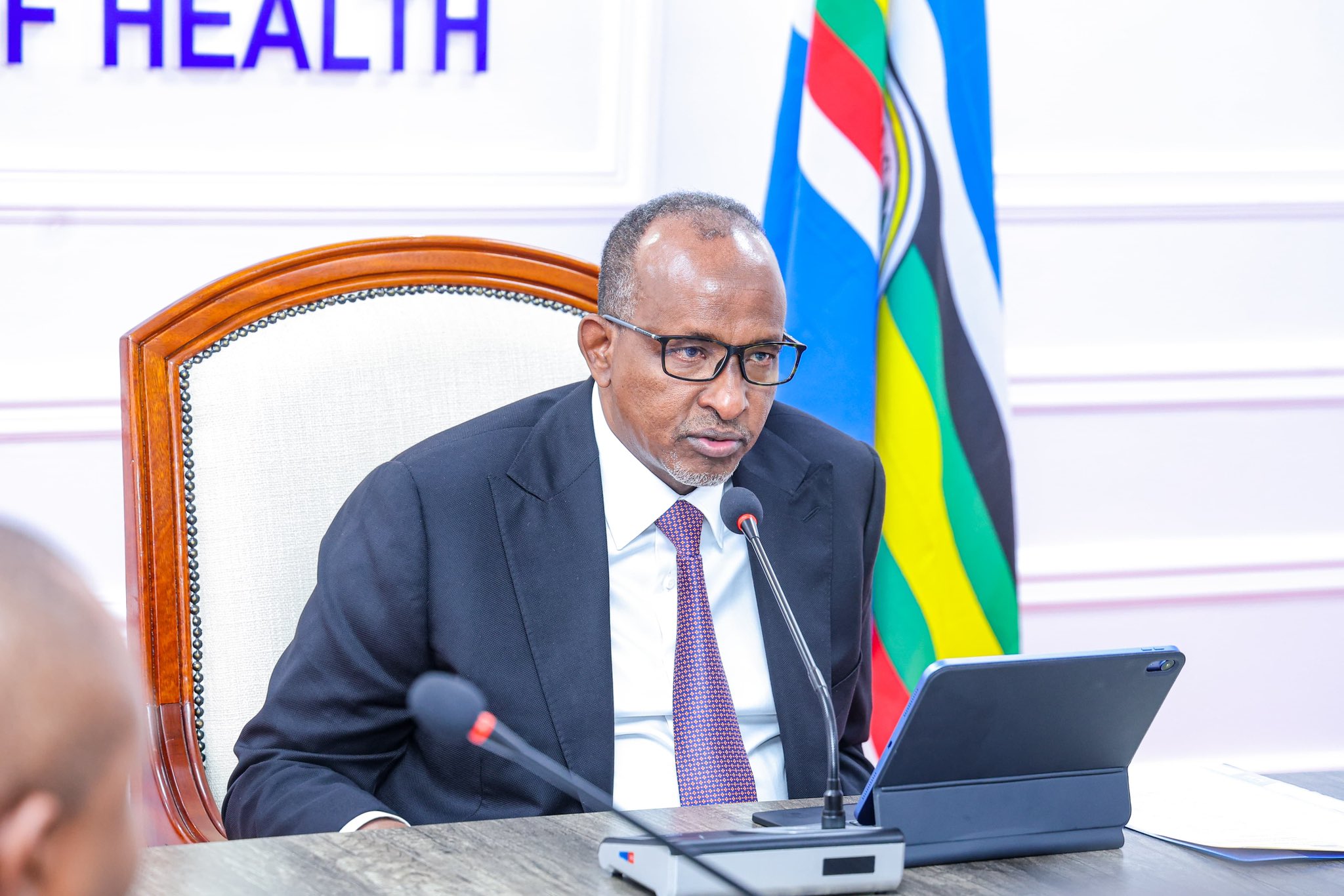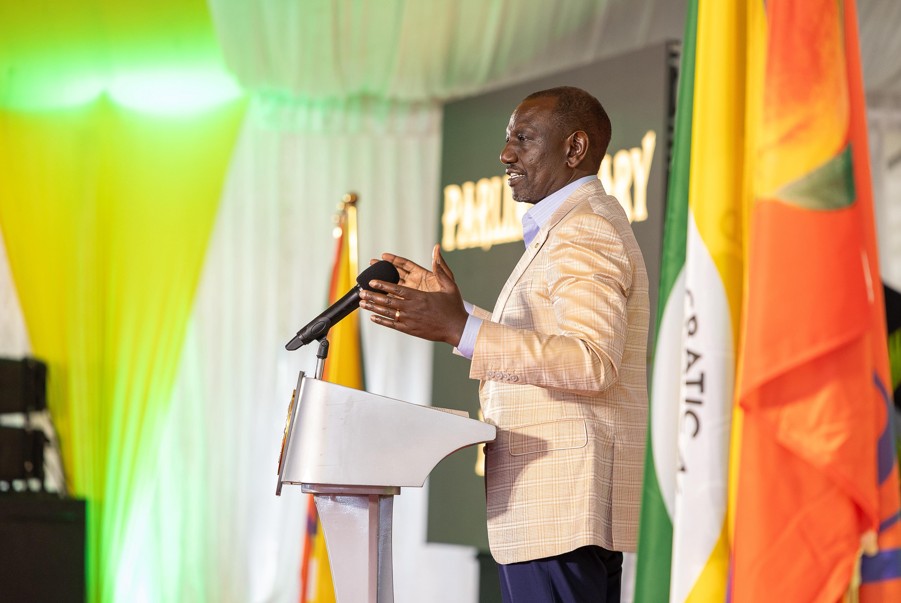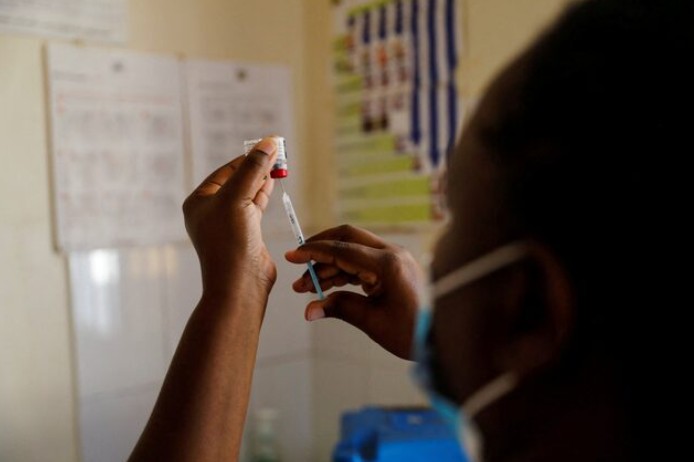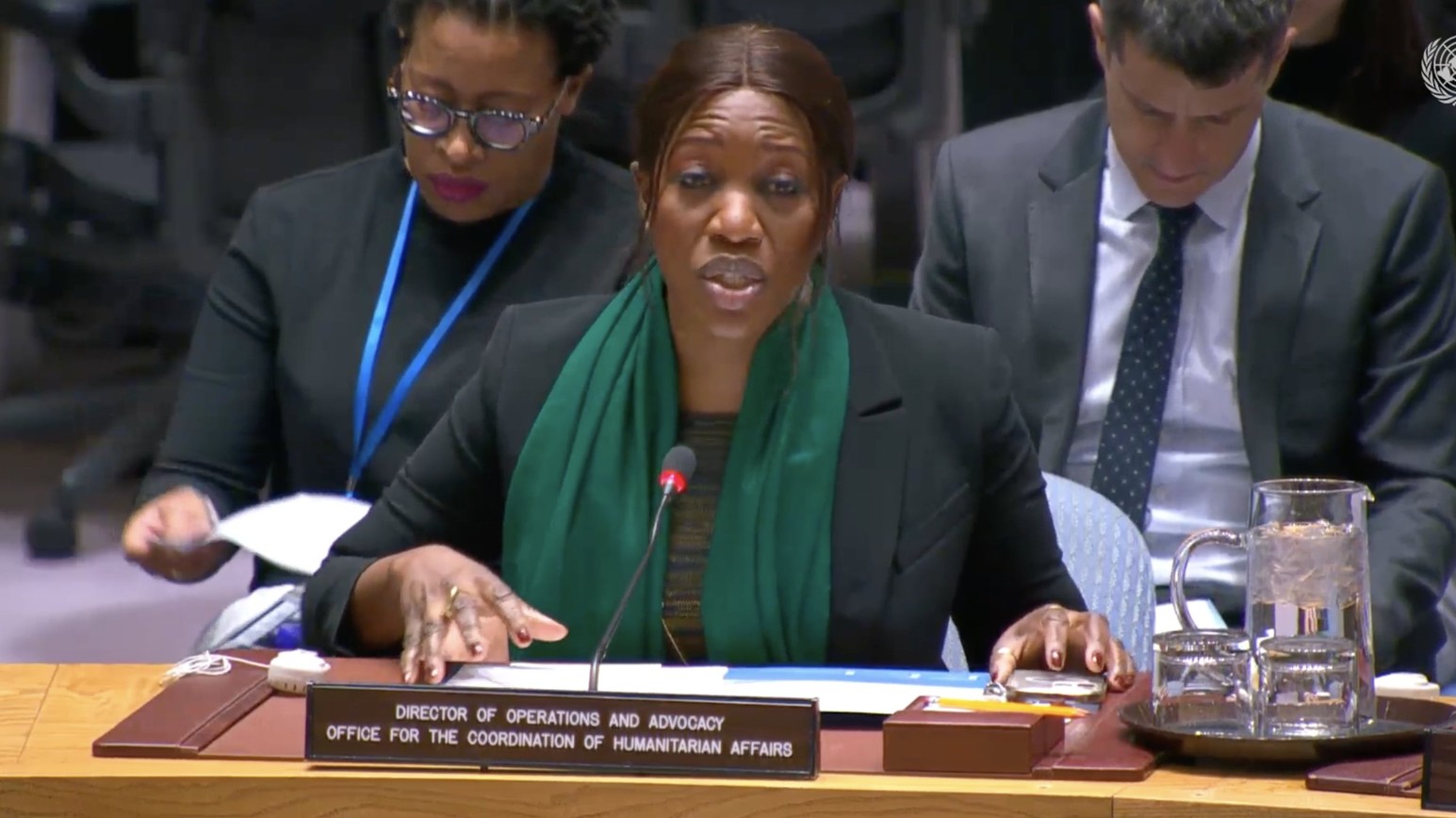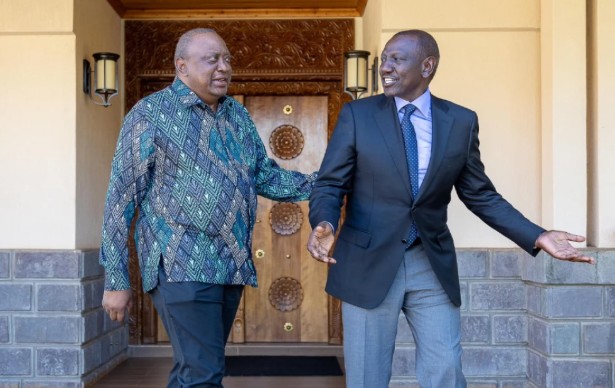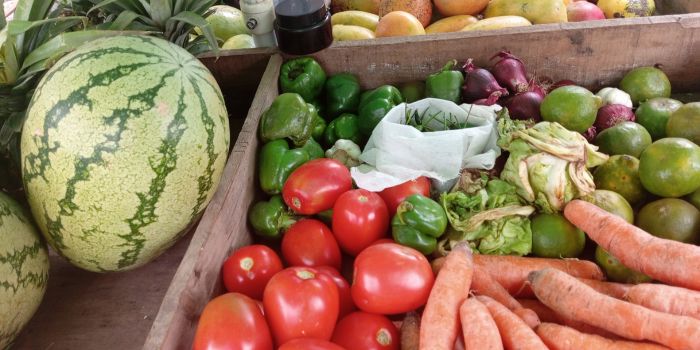CBK Governor: Kenyan Shilling was overvalued by 20-25 per cent

The Kenyan shilling this week slipped to more than 150 to the dollar, a decline of almost 24 per cent over a year, and compared to around 100 in October 2018.
Kenya's central bank chief has said that the country's currency, currently trading at record lows, has been overvalued for several years.
The Kenyan shilling this week slipped to more than 150 to the dollar, a decline of almost 24 per cent over a year, and compared to around 100 in October 2018.
More To Read
- CBK begins real-time monitoring of customer financial transactions
- CBK to suspend real time payments for three days due to system upgrade
- Loan defaults surged to 17 per cent in 2024 due to tough business climate - CBK
- CBK cuts lending rate to 9.5 per cent in seventh straight easing move
- More women turn to digital loans as smartphone use spurs financial inclusion
- 11 banks fined for exceeding lending limits, failing capital requirements
"I think for several years now we have had an overvalued exchange rate," Central Bank of Kenya Governor Kamau Thugge told a parliamentary committee on Tuesday.
He said that five or six years ago, financial institutions such as the International Monetary Fund and the World Bank had considered the shilling overvalued by 20 to 25 per cent.
"We tried to maintain a fairly artificially strong exchange rate but also at a cost of a loss of international reserves," said Thugge, who took office in June this year.
He said Kenya's foreign exchange reserves had dropped to the equivalent of about 3.7 months of import cover.
 Former Central Bank of Kenya (CBK) Governor Patrick Njoroge displays some of the new look shilling Kenyan currency notes on June 3, 2019 during a press conference at his office in Nairobi. (Photo by SIMON MAINA / AFP)
Former Central Bank of Kenya (CBK) Governor Patrick Njoroge displays some of the new look shilling Kenyan currency notes on June 3, 2019 during a press conference at his office in Nairobi. (Photo by SIMON MAINA / AFP)
"It is still sufficient to address any emergencies but there has been that decline in the level of reserves trying to defend perhaps an overvalued exchange rate," he added.
The shilling's sharp depreciation has added to the economic hardship of Kenyans who have been suffering a cost-of-living crisis and the imposition of a range of new or increased taxes.
Anger over rising prices, particularly for basics such as food and fuel, led to a series of sometimes deadly protests against the government of President William Ruto earlier this year.
He has been accused of breaking promises made during the 2022 election campaign that he would look out for the interests of Kenya's poor.
The government has argued that the removal of subsidies on items such as fuel and increased taxes are needed to improve public finances and ease the national debt burden of more than 10.1 trillion shillings ($67 billion).
Top Stories Today
